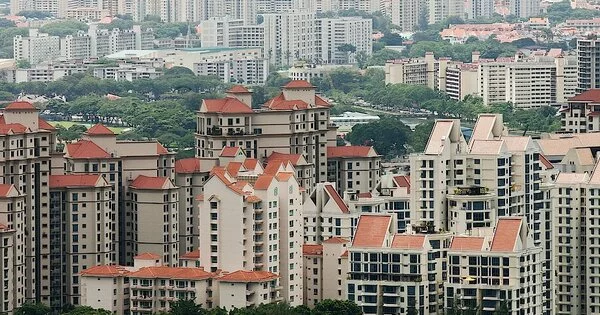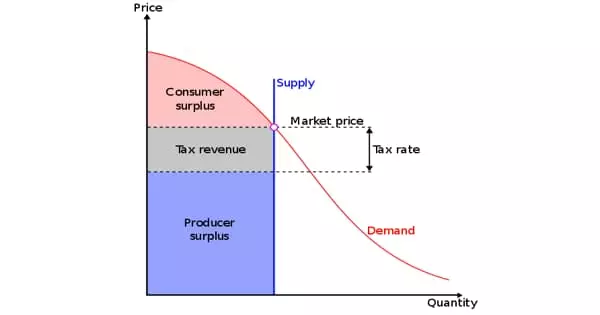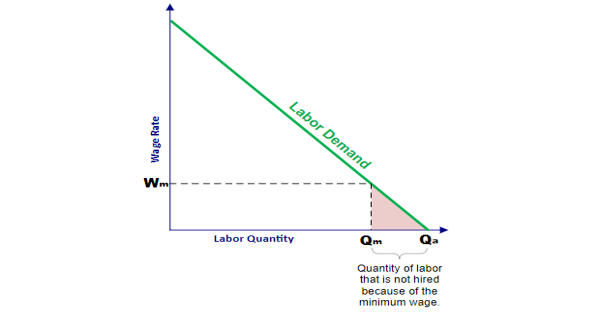Public housing is a type of housing tenure in which the property is usually owned by a central or local government authority. Housing units owned and managed by the government or p ublic authorities are referred to as public housing. Although the common goal of public housing is to provide affordable housing, the specifics, terminology, definitions of poverty, and other allocation criteria vary depending on the context.
The goal of public housing is to provide affordable and decent housing for individuals or families with low incomes or special needs who would otherwise be unable to afford housing in the private market. In the United States, public housing developments are classified as either city-owned housing projects or federally subsidized public housing operated by HUD.
Public housing programs vary by country and region, but they all involve the construction, acquisition, or rehabilitation of housing units, which are then rented out at below-market rates to qualified individuals or families. By providing safe and affordable housing options, these programs aim to address issues such as homelessness, poverty, and inadequate housing.
Social housing refers to any rental housing that is owned and managed by the government, non-profit organizations, or a combination of the two, with the goal of providing affordable housing. A government will generally ration social housing through some form of means-testing or administrative measures of housing need. Social housing can be viewed as a potential solution to housing inequality.
In many cases, the government subsidizes public housing, which means that the cost of renting a unit is determined by the tenant’s income. Rent is usually set as a percentage of the tenant’s income, making it more affordable for low-income families. Depending on the needs of the community, public housing developments may offer a variety of unit sizes, ranging from single-room occupancy to larger family apartments.
Subsidies can also help achieve affordable housing goals. Private owners own and operate subsidized housing, which receives subsidies in exchange for providing affordable housing. Individual landlords or for-profit or nonprofit corporations may be the owners.
Additional services and amenities, such as community centers, playgrounds, and educational programs, are frequently included in public housing projects. These initiatives are designed to improve residents’ well-being and foster a sense of community within the housing development.
















